Great news for Russian language learners — there are tons of amazing learning resources available to you. In fact, you’re more likely to be overwhelmed by the number of options out there than to struggle to find an app that suits your needs.
In your search for the most popular Russian language resource, it is important to remember that popular apps aren’t necessarily the best and a superb marketing strategy doesn’t necessarily equal great quality either.
This post focuses on apps that help learners with Russian. We’ve tried a lot of them and have categorized them by what they do best. This list is by no means exhaustive. However, it should narrow down your options enough to help you find some great tools.
Table of Contents
Table of Best Apps to Learn Russian
Links below will send you to the app websites, and the app details are down below.
OVERALL BEST
Best Russian Lessons on the App: Red Kalinka
Best Lesson Structure: Babbel
Best for Practicing Oral Communication: Pimsleur
Best Interactive Course: Lingodeer
READING AND LISTENING
Best Lessons in the Style of a Podcast: RussianPod101
Best for Interesting Reading Content: LingQ & Readlang
Best for Side-by-Side Reading Practice: Beelinguapp
SPEAKING AND WRITING
Best for Speaking Russian from Day 1: Pimsleur
Best for Feedback on Writing: italki
Best for Feedback on Pronunciation: Speechling
VOCABULARY ACQUISITION
Best Free Way to Learn Words in Context: Clozemaster
Best for Fun, Engaging Practice: Memrise
Best for Learning Words in Context: Lingvist
Best Offline Dictionary App: ABBYY Lingvo
TUTORS AND LANGUAGE EXCHANGES
Best Language Exchange Apps: Tandem & HelloTalk
Best for Finding a Tutor: italki & Preply
Overall Best Russian Learning Apps
Many language apps usually focus on one or two aspects of language acquisition and this often means the app is tuned to provide particularly good practice in its area of expertise. However, it also means the learner will need to rely on several apps to get well-rounded study time in.
The apps in this category offer a more thorough course with a detailed curriculum. They can make excellent options for beginners looking to get a solid grasp on the basics without having to get several apps involved. Advanced learners may seek resources.
Best Russian Lessons on the App
Red Kalinka
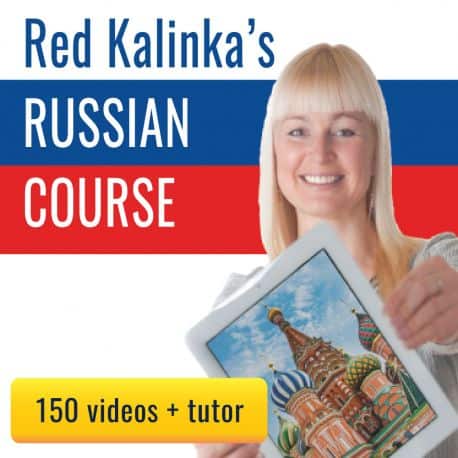
The ‘Largest Russian School in the World’, Red Kalinka has lots of different products that will get you learning Russian. Its main course – Sistema Kalinka – is very well thought out and will certainly improve the reading, writing and comprehension skills of beginners and intermediate learners. While it may not be the most entertaining thing in the world, the videos and exercises are exceptionally thorough. Your Russian will almost undoubtedly improve if you stick to this course.
See our Super-Detailed Red Kalinka Review
Best Lesson Structure
Babbel Russian
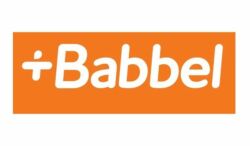
Babbel is an online language-learning platform with over 1 million active users. Babbel Russian aims to get learners to a conversational level as quickly as possible through the use of a variety of exercises and spaced repetition for review. The courses are well put together and relatively inexpensive.
Countdown to Summer Sale! Get 60% off Babbel Lifetime Subscriptions. See details on the website. Offer ends on 5/5/2024.
See our Super-Detailed Babbel Russian Review
Best for Practicing Oral Communication
Pimsleur Russian
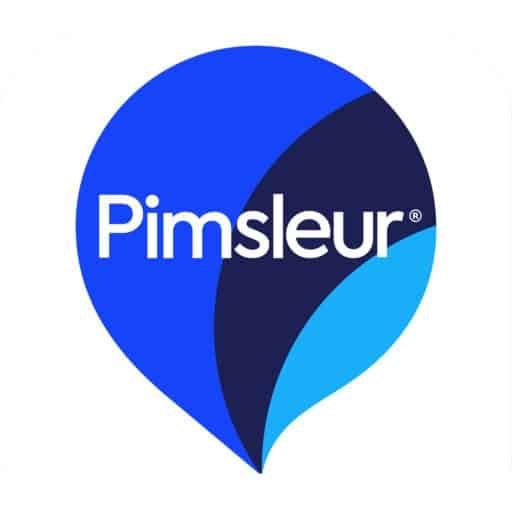
Pimsleur Russian is one of the most popular and longest-standing resources out there for learning the Russian language. Its courses place a strong emphasis on aural and verbal communication skills, paying less attention to grammar explanations and reading or writing skills.
See our Super-Detailed Pimsleur Russian Review
Best Interactive Course
Lingodeer
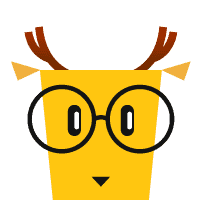
What sets Lingodeer apart from the crowd is the balance it strikes between enjoyability and efficacy. It teaches Russian through game-like activities that don’t last more than a couple of minutes each. This makes it easy to pick up and practice whenever you like for as long as you like. It’s fun to use.
It’s hard to avoid comparing it to Duolingo — they both employ heavy gamification and short, fun exercises. Lingodeer doesn’t offer as much for free as Duolingo, but its material is of higher quality, especially for Russian. There are better grammar explanations, the audio is better, and the lessons build on each other more naturally.
See our Super-Detailed Lingodeer Review
Apps to Learn Russian Reading and Listening
The apps in this category are designed to help you practice both your reading and listening skills. These apps will also improve your comprehension of Russian language material.
Best for Lessons in the Style of a Podcast
RussianPod101

This app provides stellar listening practice in Russian. It’s got an incredible number of video and podcast lessons covering just about every aspect of the Russian language. It’s got material at every level, for the beginner as well as the advanced learner, but those at the beginning and intermediate levels will probably get the most out of it.
While the podcast-style lessons mean you’ll get loads of good listening practice, the resource is actually fairly comprehensive — it covers Russian grammar, vocabulary, and valuable cultural information. You’ll have to look elsewhere for good speaking and writing practice, but this is one of the better apps available.
Save 25% with the coupon code ‘ALLLANGUAGERESOURCES“
See our Super-Detailed RussianPod101 Review
Best for Interesting Reading Content
LingQ
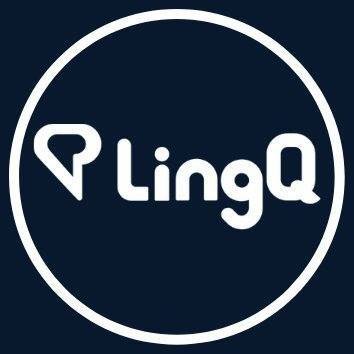
Reading in Russian is a great way to practice the language and develop your understanding, but it can be slow going, especially at first. Fortunately, there are some great apps like LingQ and Readlang make the experience a little bit easier.
LingQ is a reading app that makes it easy to look up Russian words as you read. It keeps track of which words you look up and which words you don’t, allowing you to visualize your progress and get opportunities for focused review. Unfortunately, the review function is a bit chaotic, but it does make reading easier and gives the learner the option to upload their own content.
See our Super-Detailed LingQ Review
Best for Side-by-Side Reading Practice
Beelinguapp
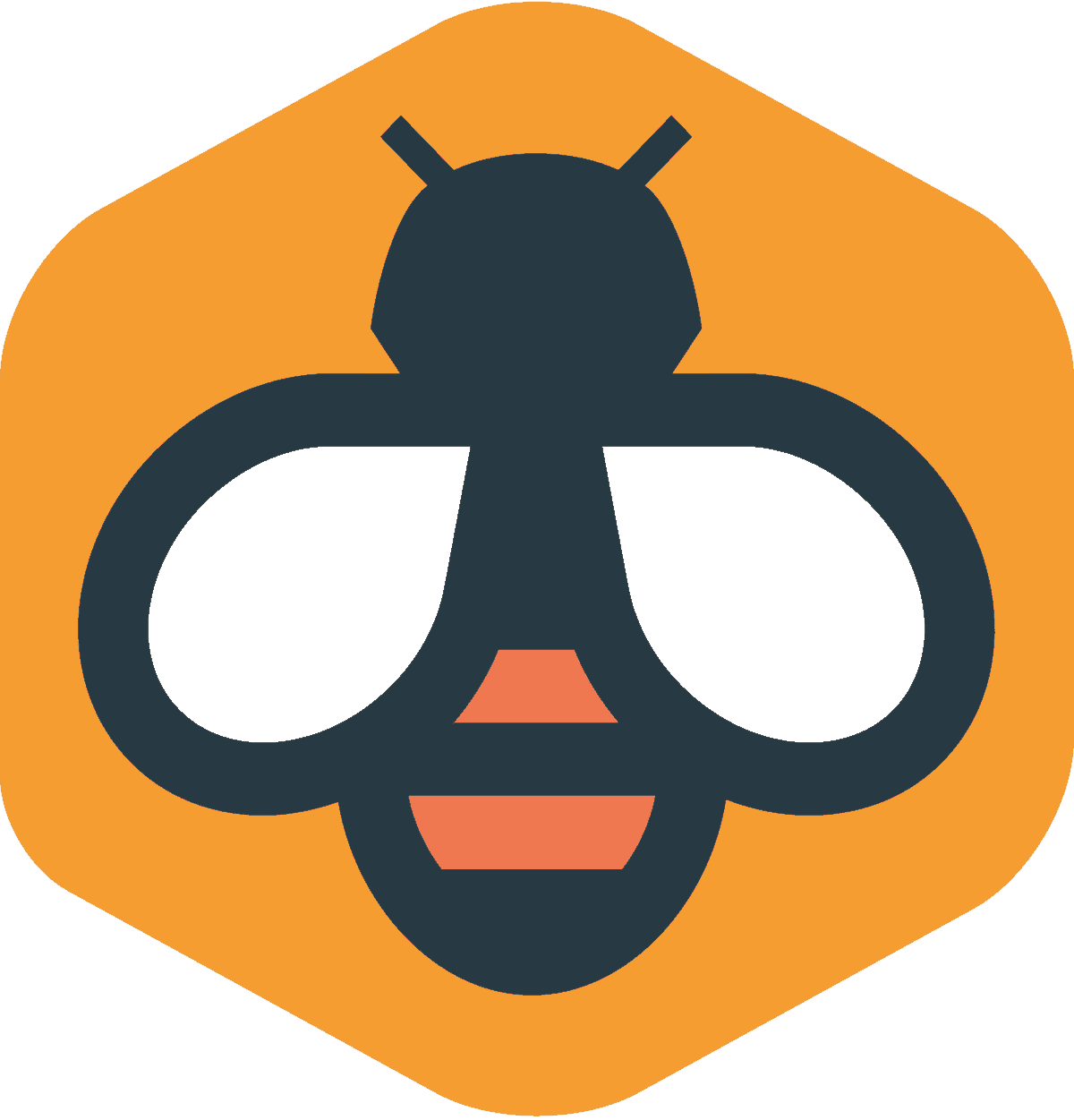
This reading app provides a unique experience by displaying Russian text alongside a translation in your native language. The ability to immediately reference a translation of the text you’re reading means you’ll never be totally confused and makes the learning process more natural. You also have the option to hide the translated version to be sure you aren’t relying on it too heavily.
The app also functions as an audiobook, highlighting text as it’s read aloud. This makes for great listening and pronunciation practice as well. It’s very reasonably priced and has a wide variety of reading material.
Apps for Russian Speaking and Writing
In this category are apps that focus on teaching spoken and written language skills. With the help of these apps, you’ll be able to express yourself effectively in Russian and hopefully, hold a conversation with natives.
Best for Speaking Russian from Day 1
Pimsleur Russian

Pimsleur Russian is one of the most popular and longest-standing resources out there for learning the Russian language. Its courses place a strong emphasis on aural and verbal communication skills, paying less attention to grammar explanations and reading or writing skills.
See our Super-Detailed Pimsleur Russian Review
Best for Feedback on Writing
italki

Along with pronunciation, it’s hard to get quality feedback on writing when learning a new language. It’s something that computers struggle to do well, and that makes it important to get humans involved. italki may be better known as an online tutor directory, but it’s also got some cool extra features. The Exercise function is one of them, and it’s a great place to get feedback on your Russian writing skills.
Posting a piece of writing (on any subject you like or as a response to a prompt) in the Exercise section makes it visible to other users who can offer corrections and feedback. It’s free to use this feature of italki. Instead, you can pay it forward by correcting some else’s writing in your native language. Right now get a $10 credit with your first purchase.
See our Super-Detailed italki Review
Best for Feedback on Pronunciation
Speechling
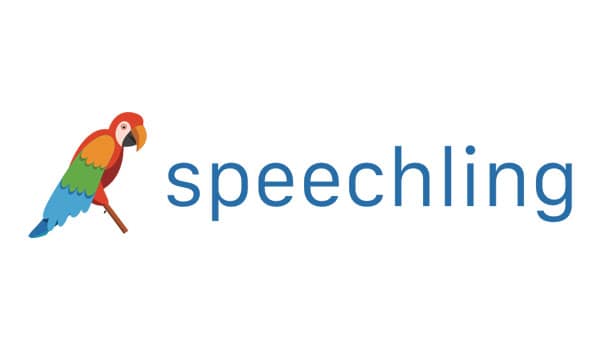
Learning how to pronounce Russian words correctly can be one of the bigger hurdles learners have to face. Unfortunately, lots of apps fall short in their efforts to provide good pronunciation instruction and feedback. Speechling actually excels in this area.
Instead of relying on mediocre voice recognition technology, Speechling connects learners to actual humans. A free membership allows you to record and submit a limited number of recordings each month to be evaluated by a real Russian teacher. This kind of feedback is much more valuable than what you can get from a robot.
Lessons get you to mimic native speakers in order to sound as natural as possible. A paid membership lets you submit an unlimited number of recordings each month as well as a few extra features.
Save 10% with the coupon code ‘ALR123‘
See our Super-Detailed Speechling Review
Learn Russian Vocabulary with Apps
Vocabulary is always one of the most exciting parts of learning any language, and Russian is no different. The apps mentioned in this category do this exceptionally well by incorporating the use of SRS to help you practice, memorize and retain new vocabulary to memory. Take a look at them and see which one you like best.
Best Way to Learn Words in Context
Clozemaster

Clozemaster blends heavy gamification and SRS flashcards to help you memorize Russian words. As with Lingvist, you’ll encounter new vocabulary in the context of a sentence. This fill-in-the-gap method is good for getting used to seeing words as they’re really used.
The app’s aesthetic brings to mind an old-school arcade. There are levels, points, meters to fill and leaderboards to climb. Most of what Clozemaster offers is available for free, though it isn’t great for absolute beginners and doesn’t offer a lot of extra features.
See our Super-Detailed Clozemaster Review
Best for Fun, Engaging Practice
Memrise

Memrise is one of the more frequently recommended apps for learning vocabulary. It’s got an insane amount of material, much of it free and user-created, which makes it a good option for learners of just about any language.
The official Memrise course for Russian is especially good. It’s got videos of native speakers and a variety of engaging practice activities. It uses SRS flashcards to make for super-effective study time, and the mobile app is especially nice to use.
See our Super-Detailed Memrise Review
Best for Learning Words in Context
Lingvist

Lingvist stands out as a way to learn new vocabulary via SRS flashcards. It presents new words in the context of a sentence, meaning you’ll get used to interacting with the language as it’s actually used. This feels more natural and less sterile than simply learning direct word-to-word translations.
Most flashcards contain valuable extra information on the language item, there’s a Grammar Tips section that offers support with usage, and there are various language challenges to help you practice, all of which increase its value. It’s worth considering, however, that the Russian course has less material than the other courses it offers, despite having the same price.
See our Super-Detailed Lingvist Review
Best Offline Dictionary App
ABBYY Lingvo

The fact that dictionary apps such as ABBY Lingvo and Linguee are available to download for offline use makes them especially useful to the Russian learner that actually needs to use the language in his or her daily life.
ABBYY Lingvo is one of the more comprehensive Russian dictionaries available and has been a top choice among Russian learners for several years. It’s full of common phrases and idioms, and it enables you to see all conjugations for the verbs you look up.
Tutors and Russian Language Exchange Apps
Finding native Russian speakers to connect with locally may be difficult depending on where you’re located. However, thanks to Russian learning apps, you’ll be able to find yourself a tutor or a language exchange partner quite easily.
Best Language Exchange Apps
Tandem
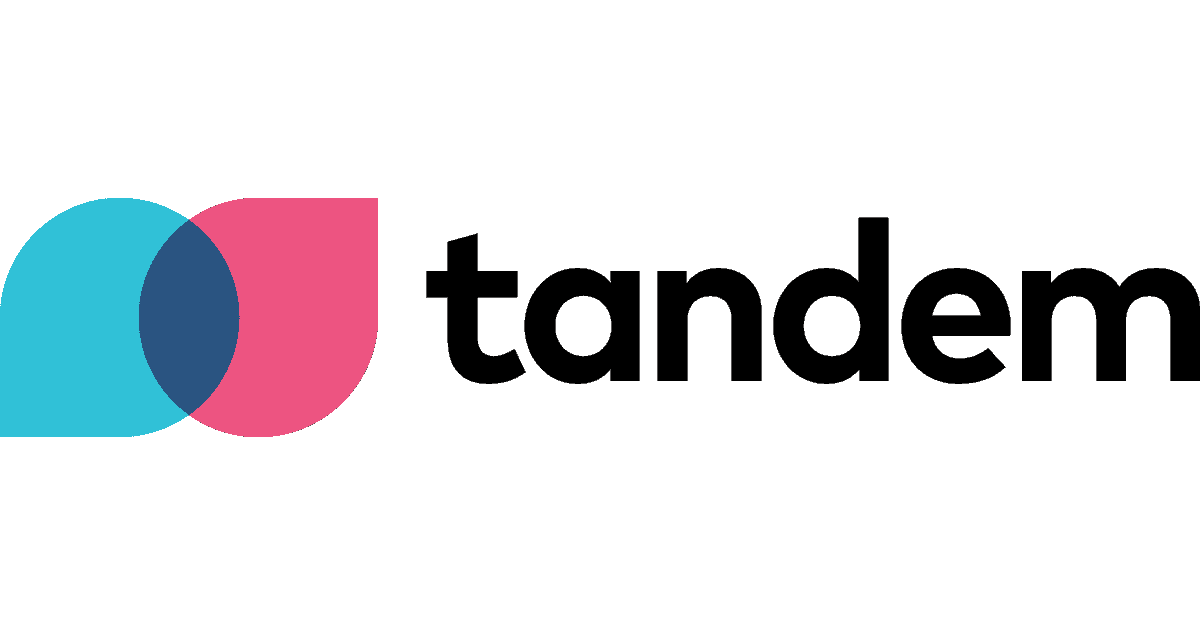
Both Tandem and HelloTalk are solid options for finding language partners. They each make it easy to search for potential language partners and utilize built-in language tools to help facilitate easy communication. Both apps have active communities that, for the most part, seem to be interested in productive language exchange. Differences are mainly aesthetic.
The primary language tools these apps use are a translation tool (you’ll have to pay for unlimited translations) and a correction tool that users can use to give each other feedback.
Tandem is the more professional-feeling of the two. It’s less cartoony and doesn’t let you make public posts like HelloTalk does. Also, tutoring services are offered in the app.
See our Super-Detailed Tandem Review
HelloTalk
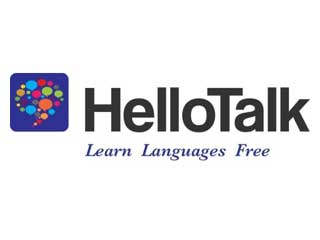
HelloTalk works similarly as Tandem. But compared to Tandem’s sleek and professional-looking design, HelloTalk has more emojis and everything is a little bit more playful.
See our Super-Detailed HelloTalk Review
Best for Finding a Tutor
italki

Connecting with a Russian tutor is probably one of the best ways to make serious progress in the language, and italki is the best place to find one. It’s a massively popular online database of language tutors, making Russian language tutors available to anyone with an internet connection.
The number of teachers using italki is impressive. For Russian, the number is over 600. Such a variety of teachers is a very good thing for learners; it means competitive prices, flexible scheduling options, and tons of different teaching styles. There are also smart search filters that make it easy to find tutors that fit your ideal.
On top of all this, many learners use the italki community to find language exchange partners. Connecting with others is free and easy in the italki community. Right now get a $10 credit with your first purchase.
See our Super-Detailed italki Review
Preply

There are tons of language tutors available on Preply at all sorts of prices, but teachers aren’t paid for trial lessons and receive a smaller commission than alternative platforms.
Exclusive 50% discount for ALR readers! Make sure to use our link to receive it.
See our Super-Detailed Preply Review
Maybe Try These Russian Learning Apps
Here are some more popular apps that didn’t make our list of favorites for one reason or another, but we still recommend them and each has their own advantages.
Rocket Russian
This app comes from the popular Rocket Languages series. The Russian course only has material for beginners, relies on heavy repetition, and you probably won’t learn how to put together your own sentences.
See our Super-Detailed Rocket Russian Review
Busuu
Busuu is a language app with an especially nice interface and pretty good curriculums, but it doesn’t do languages with non-Latin writing systems very well.
See our Super-Detailed Busuu Review
Rosetta Stone Russian
Rosetta Stone Russian is one of the most well-known resources for learning Russian languages. It takes an immersive approach to teaching and is widely used by corporations and individuals alike. High levels of repetition and an absence of translations or explanations are hallmarks of the course. Rosetta Stone course could be most suitable for learners that don’t mind repetitive exercises and prefer to learn from pictures and context rather than translations and explanations. It’s probably not a good option for anyone wanting to significantly improve their speaking or writing skills, or those looking for an engaging course.
ALR Readers Exclusive Holiday Deal!! Get the Lifetime Subscription for 25 languages for $179 (everywhere else it’s $199 right now!). See details on the website.
See our Super-Detailed Rosetta Stone Russian Review
LinguaLift
Lingualift is well-designed and offers good reading practice, but the textbook-like approach doesn’t do much to teach you how to speak or have conversations. It’s best for beginners, if anyone.
See our Super-Detailed LinguaLift Review
Mondly
Even with its speech-recognition technology, chatbot, quizzes, and challenges, Mondly lessons are limited and unlikely to get you beyond basic conversation skills.
Spring Sale! Get 96% off Lifetime Access to Mondly Premium, plus bonus access to Mondly AR & Mondly Kids! See details on the website. Offer ends on 4/30/24.
See our Super-Detailed Mondly Review
Word Dive
This app is fun for its deep-sea stylings and conveniently short practice exercises, but it doesn’t offer any kind of comprehensive practice.
See our Super-Detailed Word Dive Review
Mango Languages
The Mango Languages app is an alright choice for learners at the beginner level but doesn’t offer much for higher levels. It’s got a nice interface and is easy to use, but it’s lacking in grammar and writing practice.
See our Super-Detailed Mango Languages Review
Transparent Language
This app offers courses in over 100 languages; the tradeoff is that none of them are very good. It could be worth it for picking up the basics in a rare language, but you won’t learn much Russian here.
See our Super-Detailed Transparent Language Review
Udemy
Offering online courses in just about everything under the sun, Udemy has a variety of options for Russian learners. Courses aren’t free, but they’re frequently offered at significant discounts.
Best Free(mium) Apps for Learning Russian
On a budget? Here are some recommendations of free and freemium apps to learn Russian.
Best Free Apps for Learning Russian
Kalinka
Kalinka has a lot to offer including planned lessons that teach basic vocabulary, Russian grammar and the basics of conversational Russian. This app is great for those who want to study Russian from scratch or to improve language skills.
Best Free Gamefied App
Duolingo
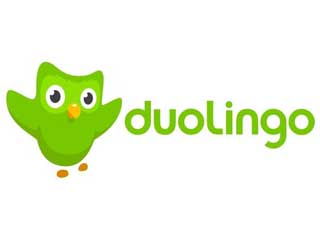
A strong contender for the “most popular language app,” Duolingo is free and fun to use, but its Russian course isn’t its best.
See our Super-Detailed Duolingo Review
Best for Customizable Practice
Anki

This powerful SRS flashcard app is one of the most used, and not just for languages. It’s a popular option for anyone with something to memorize, be it Russian, medical terminology, JavaScript, piano chords, or really anything else you can imagine.
Its versatility is a major draw for many. You can create your own decks to study from, including images, audio, tags, and study preferences. There are also a bunch of pre-made Russian language decks for those that aren’t interested in creating their own.
Best Free Dictionary
Linguee

Aside from its offline dictionary feature, Linguee is especially useful for performing translations of short phrases. It scans the internet for relevant translations and can help you decipher the meaning of a phrase that may be unclear from translating each word individually.
Best Free Russian Courses
Coursera

Coursera offers online courses from universities around the world, open for registration at any time, and self-paced. Advanced learners can take courses on many different subjects taught in Russian, and others will be able to find courses teaching the language. Courses are free and many for a fee. Most offer a certification upon completion if you’re willing to pay.
Best Q&A App
HiNative

Language learners inevitably run into scenarios in which a dictionary or quick Google search isn’t going to answer the question they have. Sometimes, other humans are the best resource. HiNative is a Q&A app that connects language learners with native speakers. Simply post a question about Russian and wait for a proficient Russian speaker to provide you with an answer.
There are question templates to help streamline the process, and the community is fairly active, meaning you’re likely to get a quick response. It’s mostly free to use, but a paid membership includes some extra features, including the ability to post and listen to audio recordings.
See our Super-Detailed HiNative Review
So, What is the Best App for YOU to Learn Russian?
Although this list certainly doesn’t cover all of your options, it’s clear that the numbers are on your side when it comes to Russian language apps.
Apps are convenient and often pretty engaging, and that’s what makes them such great language learning tools. However, they’re also usually best used as supplementary resources so it’s wise to use them in conjunction with other resources if you’re thinking of learning Russian more seriously.
We have lists of the best online Russian courses, the best Youtube channels for learning Russian, and some of the best podcasts for learning Russian.
Take some time to look through the best study tools for you, we know you’ll find four favorites!

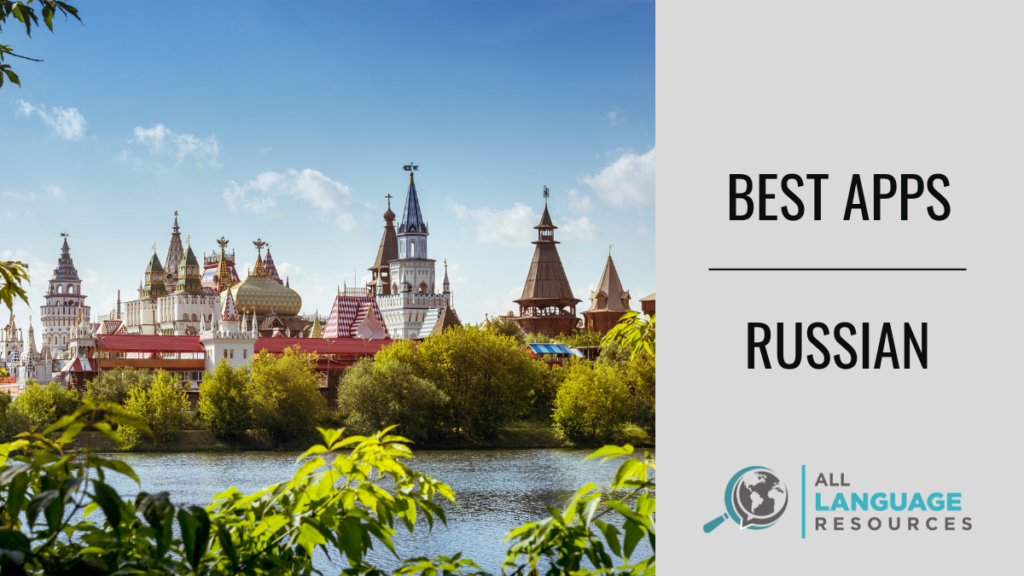

Thanks for the great analysis of the Apps. It made my choice clear.
Ps; in General l now know I will need at least two different apps or learning channels to know the language better. Thank you